On Politics
£12.30£14.20 (-13%)
A magisterial, one-volume history of political thought from Herodotus to the present, Ancient Athens to modern democracy – from author and professor Alan Ryan
This is a book about the answers that historians, philosophers, theologians, practising politicians and would-be revolutionaries have given to one question: how should human beings best govern themselves?
Almost every modern government claims to be democratic; but is democracy really the best way of organising our political life? Can we manage our own affairs at all? Should we even try? In the west, do we actually live in democracies? In this extraordinary book Alan Ryan engages with the great thinkers of the past to show us how vividly their ideas speak to us in today’s uncertain world.
ALAN RYAN was born in London in 1940 and taught for many years at Oxford, where he was a Fellow of New College and Reader in Politics. He was Professor of Politics at Princeton from 1988 to 1996, when he returned to Oxford to become Warden of New College and Professor of Political Theory until his retirement in 2009. His previous books include The Philosophy of John Stuart Mill, Bertrand Russell: A Political Life and John Dewey and the High Tide of American Liberalism. He is a Fellow of the British Academy.
Reviews of On Politics:
‘An engaging and smart survey of major political thinkers … Through Ryan [they] speak directly to the present’ Mark Mazower, Prospect
‘Ryan’s book is a magnificent piece of work, clear (even when the ideas he’s exploring are obscure) and engaging (even when the theory in the original is forbidding) … anyone remotely interested in political theory will profit from reading or dipping into Ryan’s On Politics, whether this is their first acquaintance with the canon of political theory or whether they have been “Hobbing and Locking” for decades … It’s a remarkable experience’ Jeremy Waldron, New York Review of Books
‘Ambitiously and elegantly covers two and a half millennia of political thinking … despite covering huge intellectual terrain, [On Politics] a delight both when it explores detail and also when it draws conclusions of a broader perspective’ Justin Champion, BBC History Magazine
‘On Politics is crammed with smart observations and wise advice’ John Keane, Financial Times
‘An impressive achievement’ Economist
Read more
Additional information
| Publisher | 1st edition (5 Sept. 2013), Penguin |
|---|---|
| Language | English |
| Paperback | 1152 pages |
| ISBN-10 | 0140285180 |
| ISBN-13 | 978-0140285185 |
| Dimensions | 12.9 x 5.16 x 19.63 cm |

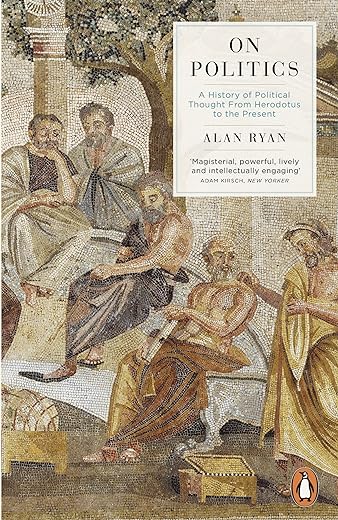
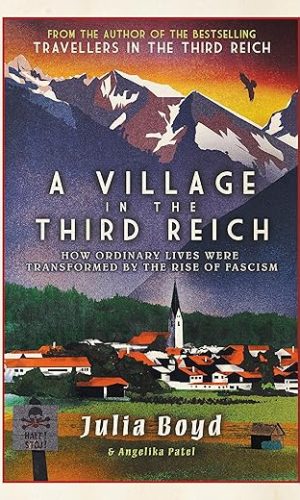
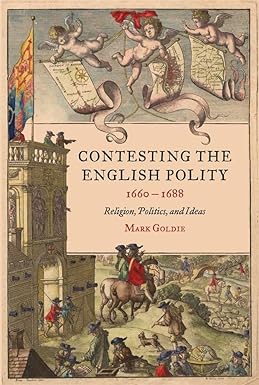
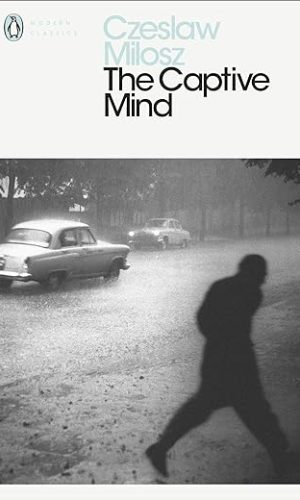


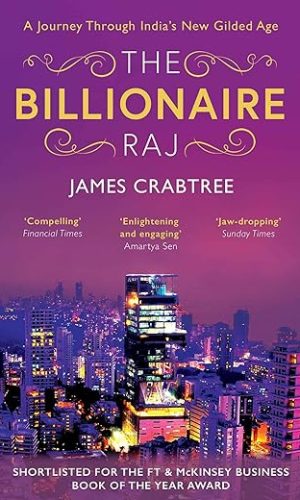
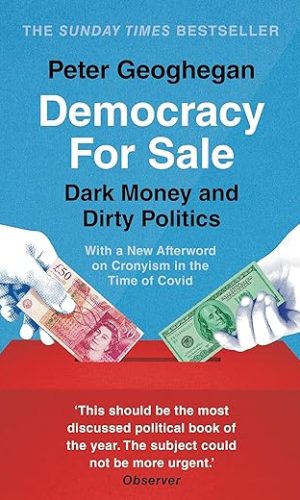

by John Ferngrove
I dived into this on the rebound from John S McClelland’s truly magisterial History of Western Political Thought. I encountered rather more thinkers in this book but a rather less solid sense of who said what and why. On several occasions I was waiting for the key texts of particular thinkers to be introduced only for us to move on to the next thinker without anything like a reasonable depth of coverage. The final few chapters break out of the chronological narrative for the given reason that there is just too much new political thought to summarise for the 20th Century and beyond. At this point the history of other people’s thoughts becomes nebulous and we drift into a diffuse and free form commentary on the author’s suspicions about a broad variety of political questions. A great deal of slog for an inadequate return.
by Matthew Stainer
Rather like my earlier reading of Bertrand Russel’s “history of western philosophy” – some 30 years ago – introduced me ( a committed scientist until my 24th year) to a whole new world of philosophy Ryan’s “ on politics” has done in a similar way concerning political thought.
The principal difference has been that I have been politically interested for most of my life even if for large parts of it I have not been politically active in the traditional sense of party loyalties etc.
The main effect of Ryan’s work has reinforced my previous bias that for many countries “ liberal democracy” is the worst form of government – until you consider the alternatives. However that does not give the Western democracies the right to impose their political ideals on the rest of the world ( ex some important issues relating to the maintenance of order and in some cases human rights etc)
In the UK the Brexit vote has thrown a number of critical issues into focus – or completely out of focus depending on one’s allegiance.
For example as a previous founder member of The Social Democrats I am flabbergasted that a party ( now Liberal Democrat’s) that has campaigned vigorously for proportional representation ( which I happen to support) can even countenance working to overthrow a clear majority that voted for Brexit in a vote where the rules of the game where clearly set out ( even if the exact road to be taken after the vote was not clear).
52% voting to leave can never be characterised as a narrow majority in a system that regularly elects majority governments on much less than 50% of the vote. Even if one concedes this particular point the referendum was held with clear rules. If a super majority had been needed for constitutional change then it should never have proceeded on simple majority basis.
I will stand up for the right of (almost) any viewpoint to be heard. What i cannot countenance is the constant re-running of a contest that has been seemingly resolved according to clear and agreed rules.
by F Henwood
Politics is a dirty word but we cannot do without it, not in modern societies at any rate. How can we live together in spite of not being in one mind about so many important matters? The United States is struggling to find an answer to this question as we speak. But the question is always with us.
Alan Ryan gives a tour from the ancient Greeks to the 20th Century, examining how thinkers from Herodotus to John Rawls have tried to answer how we can live together with our differences. What is the justification for authority? When is it right to force someone to do something that they don’t want to do? We all know that humans must live together. But we are fractious, and the incentives for going our own way, even if its against our own interests, are very strong. How can this conundrum be resolved? Thinkers have offered an astonishing range of answers to these questions in the 2500 years since the Ancient Greeks started thinking about them. Some like Marx and Plato deny that these questions will even arise at all in their respective utopian schemes. Some contemporary intellectuals think likewise. As Ryan puts it, in their scheme of things there will be `no economic life to regulate, no crime to suppress, no conflicting interest to balance, no competing policy to reconcile, no conflicts of value to assuage, accommodate or suppress (p. 70). Their optimism seems unfounded. We will always live with these questions. Utopia, the title of Thomas More’s eponymous book, means `nowhere’.
But does this mean that if we cannot agree, then only brute force can make us live together? No thinker has really thought this – not even Hobbes or St. Augustine, two pessimists about the human condition, if coming from different premises altogether. People can and do live together, in spite of their differences. They can do this without liking one another all that much. The nightly news gives a different impression of course but riots and pogroms make the news in the way that ordinary hustle and bustle of daily life, lived out in a tolerable degree of peace and order, does not. Where we do manage to achieve such a modus vivendi then we can thank politics – even if most journalists won’t. In some parts of the world at least, politics does broadly satisfy Aristotle’s objective of ensuring that the needs of conflicting groups in society are met, without one achieving dominance over another.
Those are by no means the range of questions that this book covers. Does human nature change or is it timeless. Thinkers like Machiavelli thought that human nature does not change and a 16th Century ruler of Florence could look back at Roman history for models of how to behave 1500 years later. He was probably wrong. Maybe human nature does not change but the circumstances we find ourselves in do change. I am also struck by how far the idea of original sin has preoccupied many of thinkers in this book. You do not have to belief in the literal truth of Genesis to see that human beings are flawed creatures, to put it mildly. Yet much of what politics must deal with is not sin as understood in the biblical the mutation of individual human virtues in the context of group identity. Loyalty, courage, sacrifice – virtues we admire in individuals can sustain the most barbarous of collective human endeavours (think of Germany and Japan during the Second World War).
It is impossible to do this book the justice it deserves in such a short review. The book itself, weighing in at over a 1,000 pages, though long, manages to summarise so many thinkers, situating them in their historical context, deftly, wrapped in a skilful narrative which seldom fails to hold interest. It is also unashamedly an `old-fashioned book’ a term used by one of its reviewers (John Keane In the Financial Times) by way of reproof but which I use as a term of praise. Keane points out that the thinkers are mostly from the Western canon. This is true but so what? Ryan does not have to apologise (indeed he does not offer one) for his failing to bend his knee to contemporary academic fashions. For the plain fact is that a western invention, the state, an entity that claims such rights for itself as `sovereignty’ over its territory and its subjects, is now a near-universal form of political organization (save perhaps in a few corners of this world). Many post-colonial states denounce colonialism but ironically owe their existence to colonialism. Post-colonial states have not reverted to pre-colonial forms of rule. Therefore the questions the thinkers address in this book are questions that are pertinent to nearly every inhabitant of this planet. In political practice, there are better and worse answers. But if you want to know what the questions are, then this is an excellent guide.